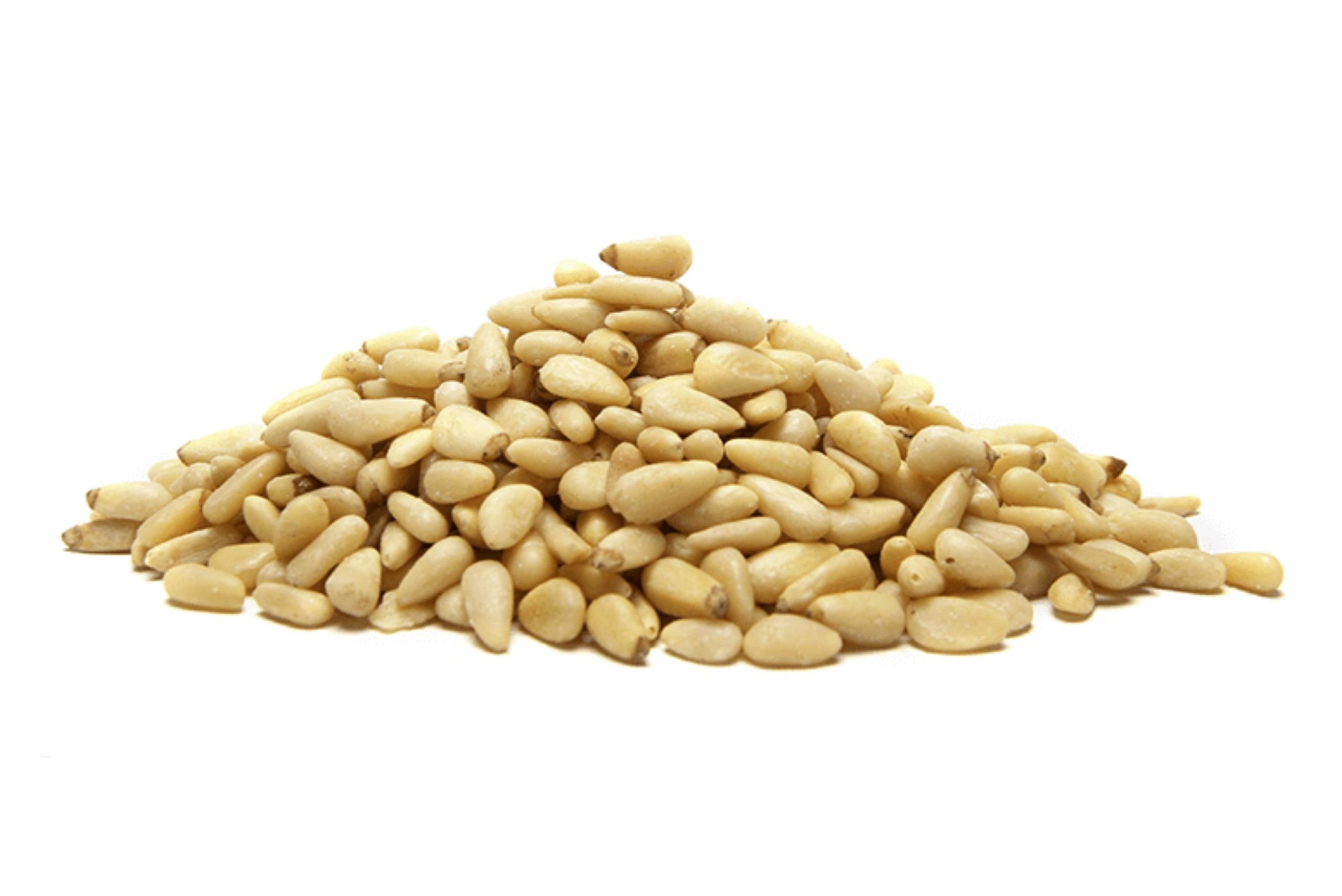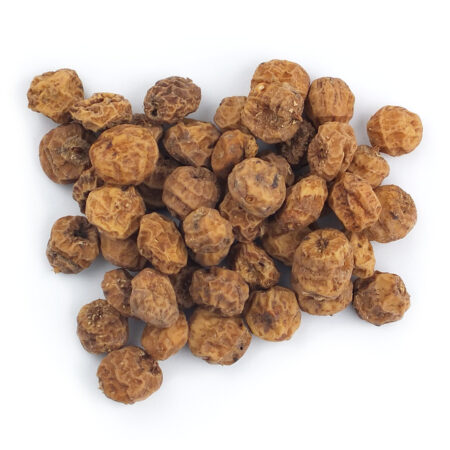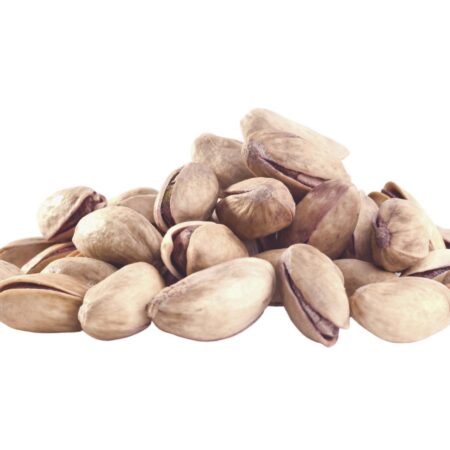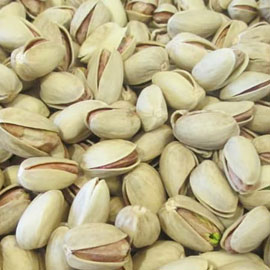Description
Pine Nuts Nutrition
One handful of Pine Nuts provides (Approx. 28g)
- 4 grams of protein
- 17 percent of the daily value (DV) for magnesium
- 18 percent of the DV for vitamin E
- 12 percent of the DV for vitamin K
- 9 percent of the DV for iron
- A good source of heart-healthy monounsaturated fats
Ways to Use Pine Nuts
The mildly sweet and nutty flavor of pine nuts allows it to complement many recipes. You can blend these pine nuts into a creamy pesto sauce or add them to cookies and baked goods for a nutty crunch. You can also toss toasted pine nuts to salads, pasta, and other dishes.
Toasting Your Pine Nuts
You can toast your Pine nuts to intensify the mild nutty flavour. Simply bake them on a flat tray at 150 degrees Celcius for 5-10 mins. Stir them to ensure that they are evenly toasted. You will want to achieve a golden brown colour.
Alternatively, you can cook the pine nuts on a pan over medium-low heat. This method requires more careful attention to prevent it from being overcooked. As pine nuts are quite small, it gets heated up much quicker. Once it is lightly brown, it is ready.
The toasted pine nuts will be a great addition to vegetables, salads, and pasta dishes. Try roasting pine nuts today to get its unique and deep nutty flavour!
Benefits of Pine Nuts
- Appetite Suppressant – Studies have shown that pinolenic acid in Pine nuts helps to stimulate the release of hormones that make a person feel full for a longer period of time.
- Heart Health – Pine nuts contain monounsaturated fats which benefit heart health. Oleic acid helps to lower “bad” cholesterol levels, supports cardiovascular and antioxidant activities.
- Anti-aging – Take a handful of pine nuts a day and prevent premature aging. This is because pine nuts contain high levels of protective antioxidants that fights damaging free radicals.
- Boost Energy Levels – Pine nuts contain nutrients like proteins and magnesium that increase energy levels naturally. Studies have shown that low magnesium is often linked with fatigue. Munching on pine nuts and help to power you through your day.
- Eye Health – Lutein a type of carotenoid is found in pine nuts. It helps to block blue light from the sun to prevent damage to your retina. Lutein may also prevent age-related macular degeneration (AMD) that causes blindness to the elderly.
Where Do Pine Nuts Come From?
Pine nuts are small edible seeds harvested from the cones of the pine tree. Once the pine seeds mature, the cones are dried and processed to remove the pine kernels. This labour intensive procedure is partly why pine nuts are pricer than other nut varieties.
Ingredients
Pine Nuts
Nutritional Information
Serving size: 30g
| Average per | Serving | 100g |
|---|---|---|
| Energy (kJ) | 849 | 2830 |
| Protein (g) | 4.1 | 13.7 |
| Fat Total (g) | 20.5 | 68.4 |
| – Saturated (g) | 1.5 | 4.9 |
| Carbohydrates (g) | 3.9 | 13.1 |
| – Sugars (g) | 1.1 | 3.6 |
| Sodium (mg) | 1 | 2 |
Country of Origin
Product of China
Allergen Information
Contains tree nuts. May contain traces of egg, gluten, milk, peanuts, sesame seeds, soy, sulphites and other tree nuts.








